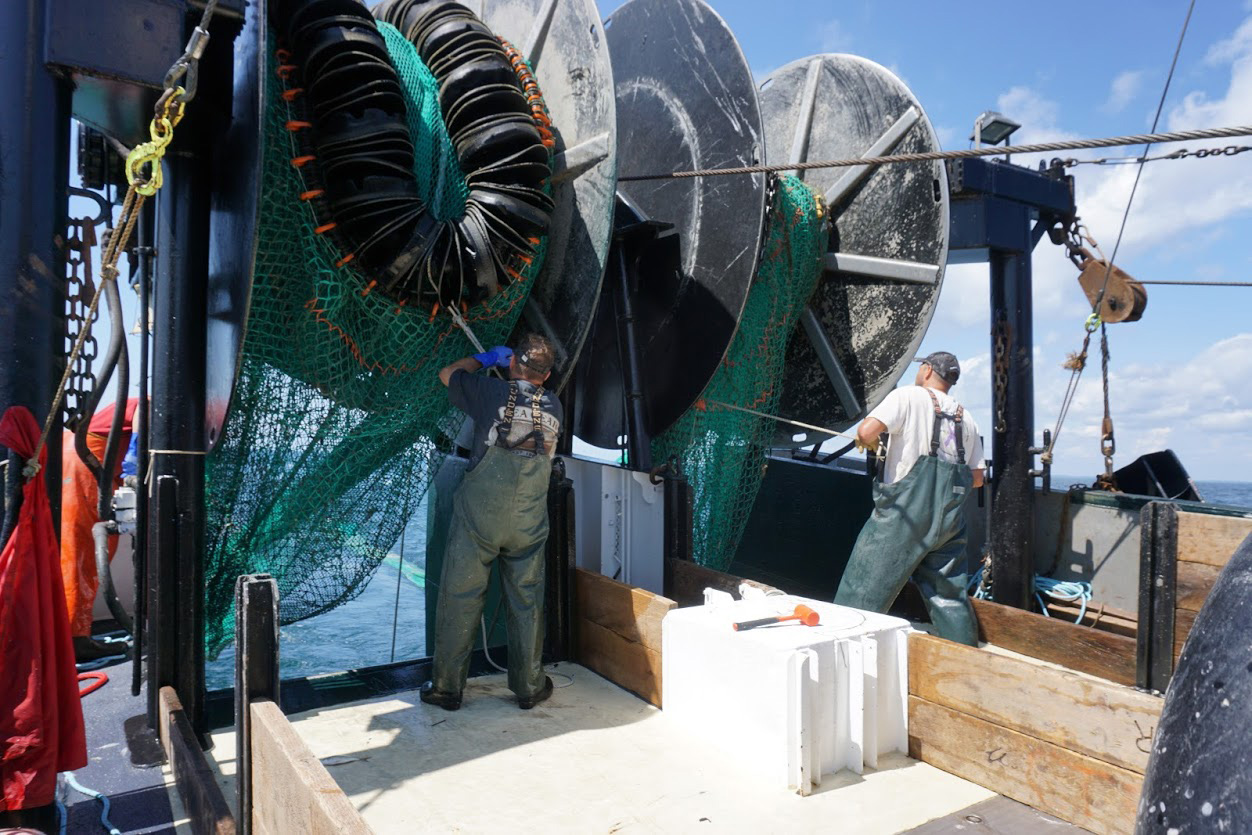A 2019 stock assessment indicated summer flounder are in good shape — neither overfished nor subject to overfishing. Following the assessment, the commercial quota was increased to 10.98 million pounds for the season.
This is a relief for fleets and industry who recall when the stock had dipped to record lows in the late 1980s and early 1990s. Since then, things have started to look up. Now, regulators allocate 60 percent of the annual catch limit to the commercial fishery (divided among states) and 40 percent to the recreational fishery.
This year is unusual, says Kiley Dancy of the Mid-Atlantic Fishery Management Council, “because summer flounder catch limits were just modified midseason.”
States will continue to receive allocations based on their historic landings, any beyond 9.55 million pounds will be divided equally among Mid-Atlantic and southern New England states. Another potential future regulatory change is revisiting the commercial/recreational allocation, but no specific plans have been made yet.
How the newly revised catch limits affect fleets and the industry is yet to be determined. With the commercial quota increasing from interim 2019 levels by 49 percent (before accounting for overage deductions) there could be an industrywide boost.
“It’s really too early in the year yet to see how the increase in fluke quota has affected the market, we’ll know better as we head into the fall and early winter,” says Mike Roderick, from The Town Dock, a large wholesaler in Narragansett, R.I. “The price of fluke is a bit soft right now because all the states are open at the same time, and as a result, causes the prices to dip with a flood of fish to the market. Hopefully, the states can work together to prevent this from happening next year.”
At the Portland Fish Exchange in Maine, there has not been much, if any, fluke landed in years.
In the past, boats fished on fluke, but these days Maine has just .05 percent of the entire quota (or 5,224 pounds). Local companies look to other states to meet their needs. Browne Trading on Portland’s working waterfront carries summer flounder, mostly from Rhode Island, and sells most of it to restaurants.
“While many of our upscale restaurant clients prefer sole, turbot, or halibut, lots of New England restaurants prefer to buy local fish when in season — so [summer flounder] is more popular in the northeast than anywhere else,” says Browne sales representative David Zall.
Currently, whole flounder, scaled and gutted, sells at Browne Trading for around $16 per pound.
Zall says fluke is popular “because it is an affordable alternative to more expensive flatfish like turbot, dover sole, and halibut. Our customers generally prefer the more expensive varieties, but fluke shares the firm, sweet, meaty characteristics of its cousins. It is great cooked, but also can be served raw as sashimi.”







